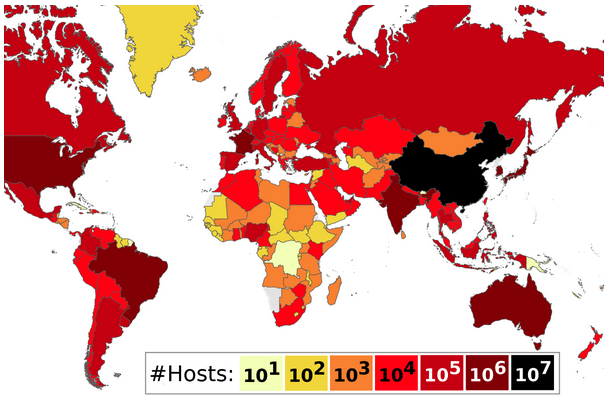
Summary: phpMyAdmin has released version 5.2.2 to address two cross-site scripting (XSS) vulnerabilities that could allow attackers to inject malicious scripts. The update also resolves a potential vulnerability related to the glibc/iconv library, although phpMyAdmin clarified that it is not vulnerable by default. Users are urged to upgrade to the latest version to ensure their systems are secure.…
Read More






![⚡ THN Weekly Recap: Top Cybersecurity Threats, Tools and Tips [13 January] ⚡ THN Weekly Recap: Top Cybersecurity Threats, Tools and Tips [13 January]](https://blogger.googleusercontent.com/img/b/R29vZ2xl/AVvXsEh-GVBzJbXbnB628INcZeeGpxnFqxVpcaOaQnUH-g2FpiUGHCsUnPnPNYeuEKDvxOqHzeiB2fZWoNTOO81_P4b77zyyyuaSpWTBjahKirJJMtMXCEIvVUiqsIojlnyGL9pPkB8Dv5-wviS5poLJ_CIYdbkSxjPE4Psyh6mppkjg0M4rWF22fNSR9IgRUqwh/s728-rw-e365/recap.png)







